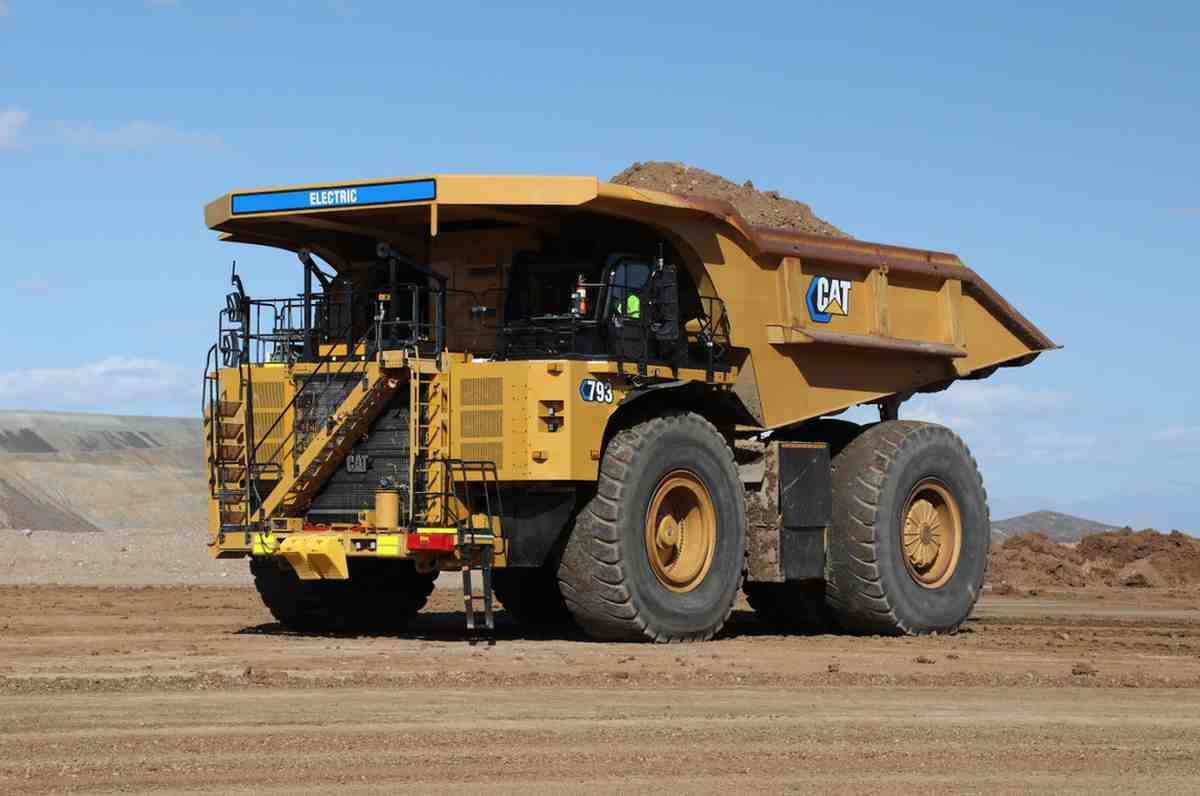
Leading global mining group, Rio Tinto on Monday (May 27) announced that it will be collaborating with BHP for the testing of large battery-electric haul truck technology in the Pilbara region, Western Australia.
The partnership aims to test the technology to accelerate the potential for its future deployment. Rio The two companies will work with manufacturers, Caterpillar and Komatsu to conduct independent trials of their battery-electric haul trucks, including testing of battery, static, and dynamic charging systems, to assess performance and productivity in the Pilbara environment.
“This collaboration brings together two leading global miners with two of the world’s biggest manufacturers of haul trucks to work on solving the critical challenge of zero-emissions haulage,” said Simon Trott Chief Executive of Rio Tinto Iron Ore.
“There is no clear path to net zero without zero-emissions haulage, so it’s important that we work together to get there as quickly and efficiently as we can. Testing two types of battery-electric haul trucks in Pilbara conditions will provide better data, and by combining our efforts with BHP we will accelerate learning.”
As part of the collaboration, Caterpillar and Komatsu will each provide one truck to both BHP and Rio Tinto for the trials. BHP will trial the Caterpillar trucks, while Rio Tinto will trial the Komatsu trucks. Outcomes of the trials will be shared between BHP and Rio Tinto.These trials represent the first stage of battery-electric haul truck testing at BHP and Rio Tinto’s Pilbara
“Operational decarbonisation relies on breakthroughs in technology and partnerships like this will help drive our industry forward. We are thrilled to work with Rio Tinto, Caterpillar and Komatsu on these trials,” commented Geraldine Slattery, Australia President at BHP.
“Replacing diesel as a fuel source requires us to develop a whole new operational ecosystem to surround the fleet. We need to address the way we plan our mines, operate our haulage networks, and consider the additional safety and operational considerations that these changes will bring. This is why trials are so critical to our success as we seek to test and learn how these new technologies will work in practice and integrate into our mines.
Slattery noted the company is looking to build on its success of reducing greenhouse gas emissions through development of battery-electric technology to reduce diesel usage across its operations.
